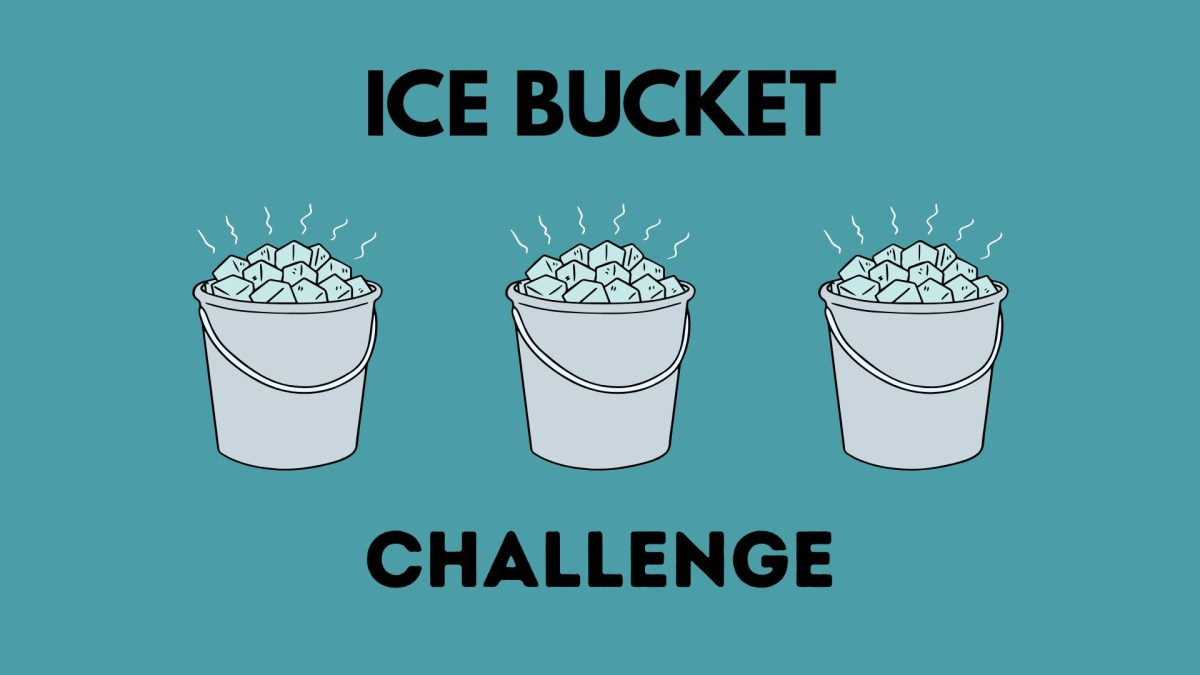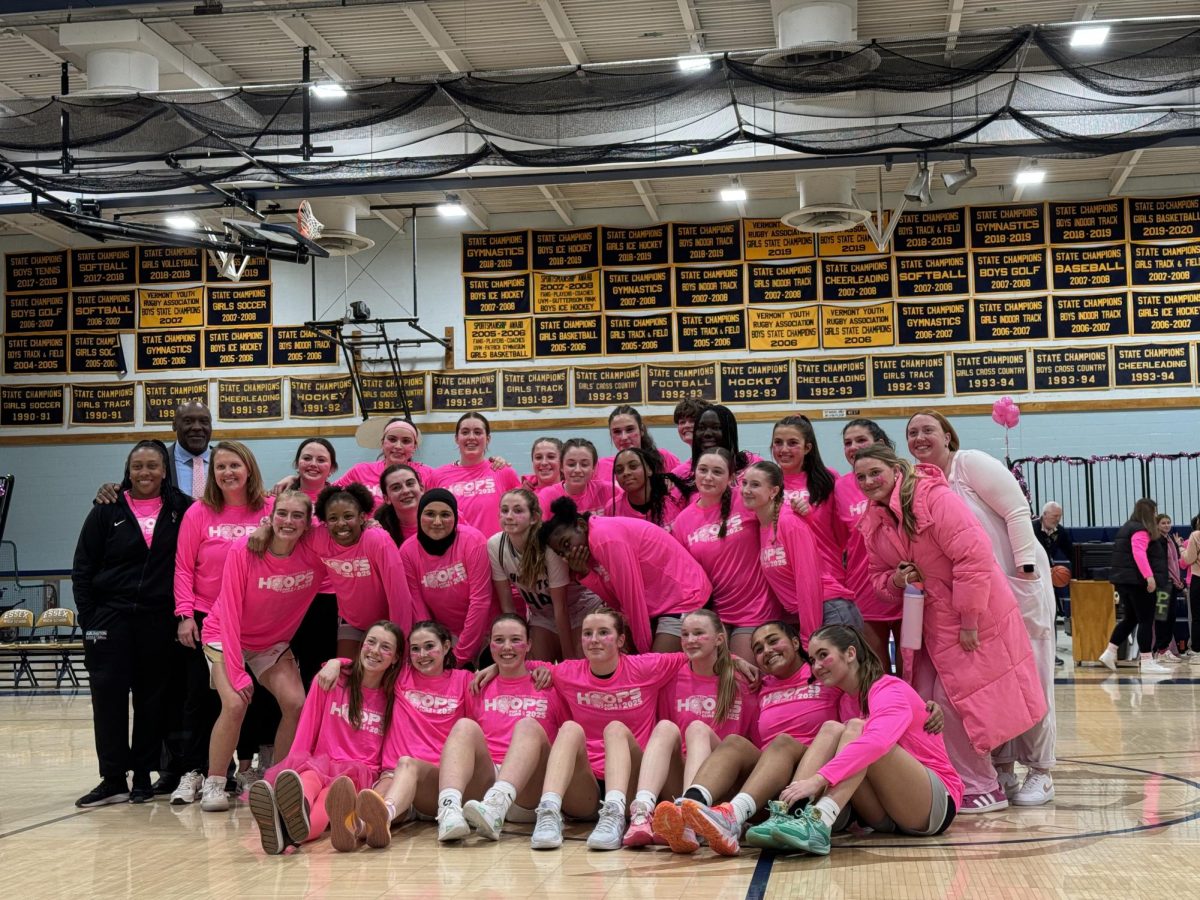In my neuroscience class, we have spent the last several weeks focusing on Chronic Traumatic Encephalopathy (CTE). CTE is a brain condition caused by several head injuries, and it can later lead to something much more serious such as Dementia. CTE can be incredibly hard to diagnose until death. However, it has decently consistent symptoms of difficulty thinking and trouble with emotions which can be recognized during life. In my class, we have discovered how prominent CTE really is in most sports – but particularly American football. According to an Autopsy Study, 90% of former NFL players have shown signs of CTE. Because of this, I believe that there should be more precautions taken around head injuries in sports.
Your brain is the same consistency of Jello, and is about 60% fat. Your brain is broadly composed of the cerebrum, cerebellum and brainstem. Surrounding your brain is something called cerebrospinal fluid, which basically helps your Jello-like brain from hitting your skull upon impact. However, the cerebrospinal fluid can only protect you so much. If your brain is shaken too hard, and your cerebrospinal fluid doesn’t protect you, then your brain will hit your skull. In this case, a concussion (also known as a brain jolt) could occur. Concussions have a variety of symptoms; such as nausea, headache, confusion, and dizziness. In the best case scenario of this, you will heal rather quickly upon receiving proper treatment and you will have minimal side effects.
If you do not give your brain the proper resources to heal, you may get post concussion syndrome. Post concussion syndrome has relatively the same symptoms of a standard concussion, but it takes significantly longer to go away – and in the worst case scenario, the symptoms can be life long. Second Impact Syndrome is also not unheard of, and can occur if you get a second concussion soon after recovering from your first one. Your brain substantially swells, and in many cases, it’s fatal. If you survive this, the symptoms you are left with can get in the way of you living your normal life. Unfortunately, sports and the military puts you at a higher risk of experiencing these head injuries, due to their dangerous nature and typical lack of consideration and knowledge of head injuries.
As I’ve mentioned, dementia can also occur after a serious head injury, but I would currently like to focus on a specific type of dementia called Alzheimer’s disease. Alzheimer’s Disease is what happens when connections between networks of neurons break down, and many brain regions begin to shrink. Alzheimer’s disease causes extreme memory loss, and while it can be treated with medication – it currently has no cure, so it is certain to result in death. Alzheimer’s Disease doesn’t have one particular cause, but research has linked traumatic brain injury to a higher risk of decline in cognitive ability or dementia years after the original injury.
While it would be impractical and unrealistic to suggest sports as a whole be discontinued due to danger, further precautions and care surrounding head injuries (and injury in general) should absolutely be taken. In many cases, including that of Tua Tagovailoa (a player on the Miami Dolphins football team), they have experienced concussion-like symptoms and were allowed to return. Which, as you’ve learned, is incredibly dangerous. If this happens to young athletes who do not have a fully developed frontal lobe, the effect may be more extreme as well. Players of all ages should be taken out of the game upon any injury at all and should not be asked to continue playing if they are unstable. If they have received a concussion or any head injury at all, the player should practice proper concussion etiquette. They should limit physical and mental concentration and rest for as much as possible. Before coming back to play, the player should be examined by both doctors and coaches. I strongly believe that better concussion protocol should be taken in sports and the military.
















